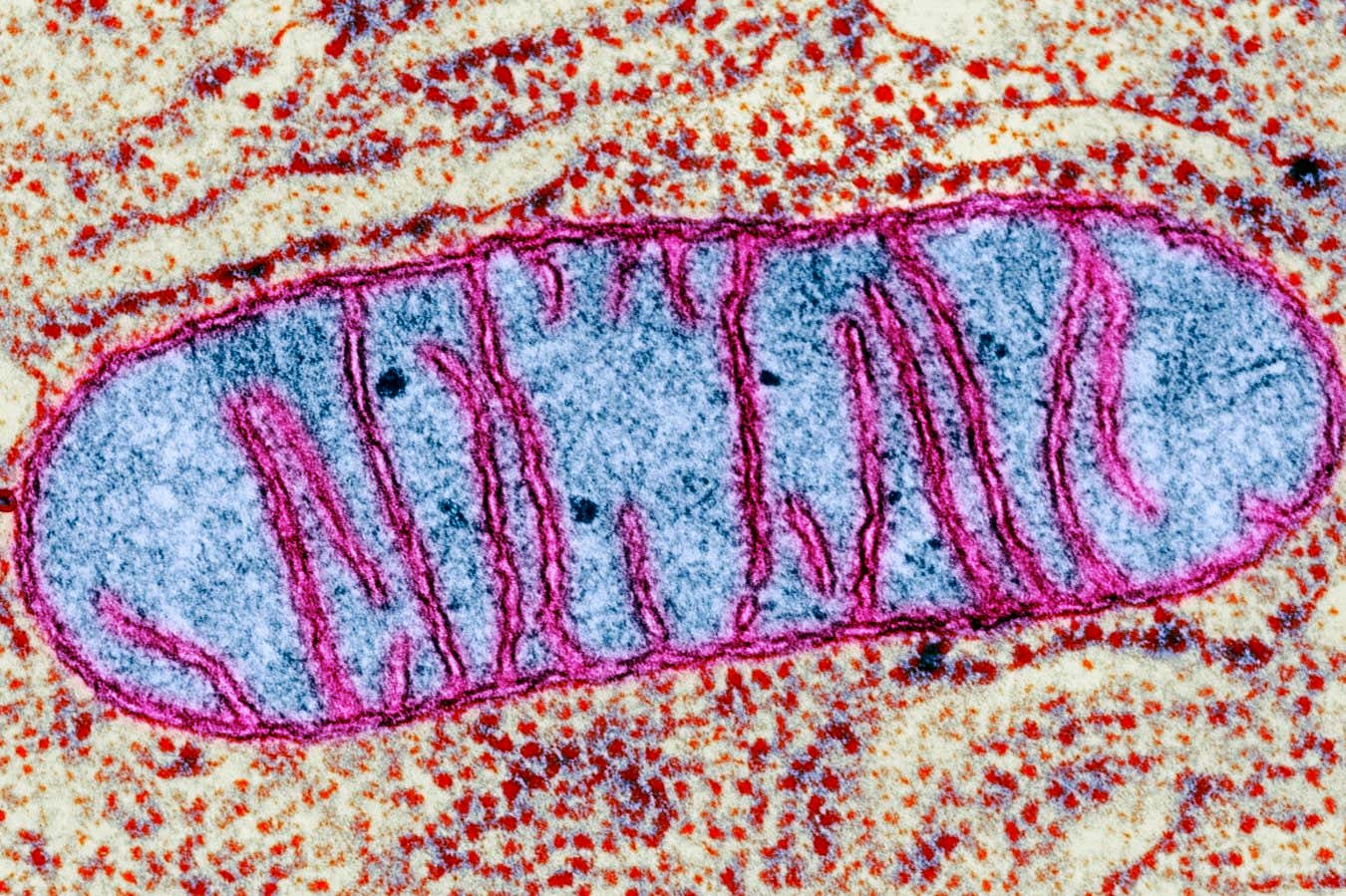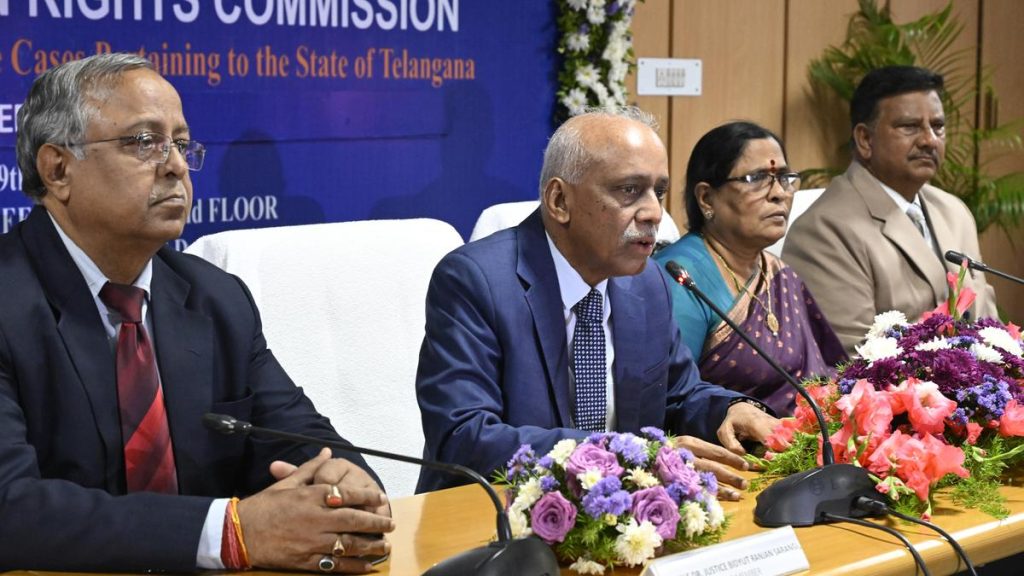Now Reading: Brain Mitochondria Linked to Sleep Onset: Study
-
01
Brain Mitochondria Linked to Sleep Onset: Study
Brain Mitochondria Linked to Sleep Onset: Study

Quick Summary
- Researchers suggest mitochondria in the brain play a role in triggering sleep when animals are awake for too long.
- Study conducted on fruit flies shows that sleep-inducing neurons activate mitochondrial-related genes after sleep deprivation.
- Sleep-deprived flies showed signs of mitochondrial stress, such as fragmentation and damage repair mechanisms during recovery sleep.
- Experiment indicates fragmented mitochondria reduce sleep duration and recovery, while enhanced mitochondrial fusion increases both.
- Flies engineered for heightened mitochondrial activity exhibited extended sleep duration under artificial lighting.
- the findings propose aerobic metabolism in mitochondria possibly drives human sleep pressure.
- Insights may pave the way for novel treatments targeting these pathways to address sleep disorders.
Indian Opinion Analysis
The research into the relationship between mitochondria and sleep pressure presents exciting implications. For India, where rapid urbanization and stressful lifestyles increasingly contribute to widespread issues like insomnia, such studies open avenues for scientific advancements in healthcare.By targeting biological mechanisms behind disrupted sleeping patterns, there is potential not only to improve quality of life but also productivity across sectors impacted by fatigue. However, this study highlights challenges such as extrapolating findings from animal models (fruit flies) to humans-a factor that demands caution before applying these results clinically. India will benefit significantly from investing further into neuroscience research partnerships globally while being mindful of ethical concerns.




























